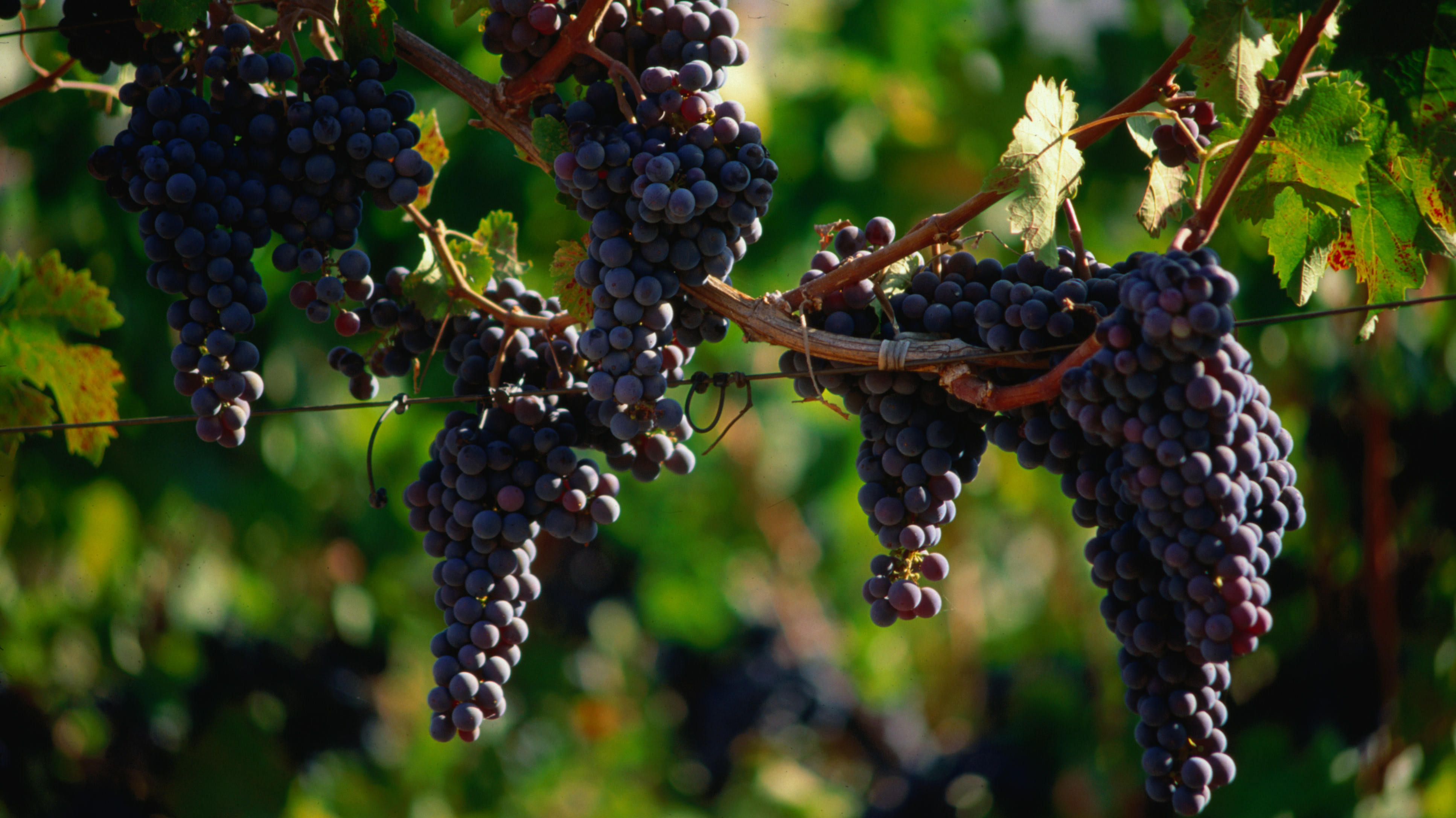Wildfires Make California Wine Taste Like An Ashtray [Updated]
Update, May 24, 2021: Even if wine is not your thing, you should care about keeping America's vineyards thriving, because California's wine industry employs hundreds of thousands of people whose jobs could hang in the balance.
As we wrote last summer, the 2020 California wildfires, spurred by excess warming due to climate change, wreaked havoc on the state's many wineries. Even at vineyards situated far away from the ires, many grapes were nonetheless damaged by the smoke traveling away from those fires, which can be absorbed by the plants and result in tainted, ashy-flavored wine.
NBC recently aired a segment featuring experts from the wine research lab at UC Davis. In it, reporter Chase Cain tastes a sample of 2020 wine from a vineyard battling the effects of smoke taint.
"I have covered enough wildfires as a journalist that I can actually smell some of that smell from just being at a wildfire," Cain says as he puts his nose into the glass. He then takes a sip.
"It's not good," he says with a laugh. "It tastes like wine, but—"
"It's like licking an ashtray," says Anita Oberholster, wine researcher at the Robert Mondavi Institute for Wine and Food Science. And this was in reference to a bottle that would have otherwise retailed for over $100.
Indeed, when it comes to price, Cain notes that the cost of even a low-end bottle of wine will skyrocket once decent grapes are harder to come by. That should be enough to spur even occasional wine-drinkers to action. But what actions can be taken?
"We are learning, we are making progress, but it's really, really slow," says Oberholster. "We needed the answers five years ago, basically. It's probably going to take us another five years to actually have a decent amount of the questions that we currently have, answered."
Original post, August 27, 2020: The wildfires currently burning across 2,000 square miles of California are some of the worst in the state's history. One of the major fires is in the state's beloved Wine Country, and while many vineyards are outside the reach of the flames themselves, the fires are still wreaking havoc on the grapes grown throughout the region.
The San Francisco Chronicle spoke with Noah Dorrance, owner of Reeve Wines in Healdsburg, California, who is currently weighing the decision to scrap this year's winemaking altogether. The smoke from the wildfires causes an issue with grapes called "smoke taint" where the grapes are damaged and imbued with ashy flavors that come through in the wine they produce.
"We did a lot of grape sampling," Dorrance tells the Chronicle, "and just with the juice, you could already taste and smell this ashy, barbecued flavor, kind of like a campfire."
While it might be worth it for some vineyards to bottle the damaged grapes and hope for the best, that's not really an option for Dorrance, who doesn't own his own vineyard and must instead buy his fruit from the farmers. Reeve Wines also doesn't own its own winemaking machinery, and the cost of renting that out just to make some questionable wine that might not sell simply isn't worth it. To illustrate the extent of the damage that the fires have done to this year's yield, the Chronicle offers this figure: "In a typical vintage, Reeve would process about 125 tons of wine grapes. He's processed about 6 tons so far this year, all grapes for sparkling wine that were harvested before the fires."
The article does, however, note that some wineries are forging ahead with their fruit harvests and have been pleasantly surprised with the results. Relic Wines works with vineyards a bit farther out from where the fires are raging, and it's reported that the Chardonnay and Pinot show no signs of being affected by smoke taint—though production has been delayed by road closures related to the wildfires. Hopefully the 2021 harvest doesn't leave any winemakers with difficult decisions.
